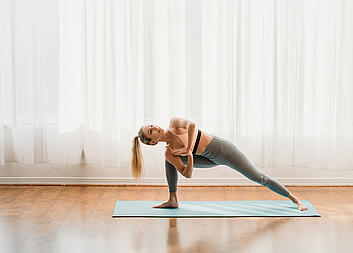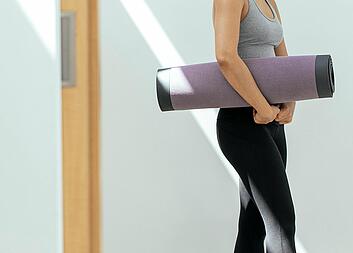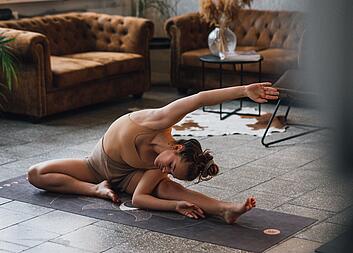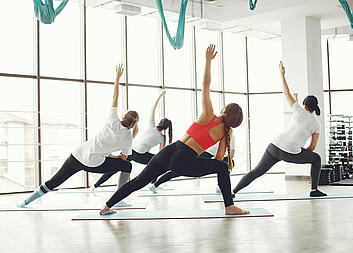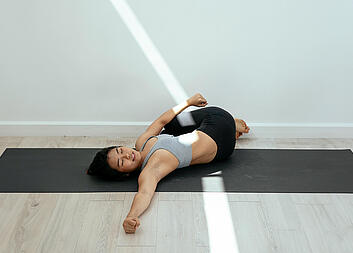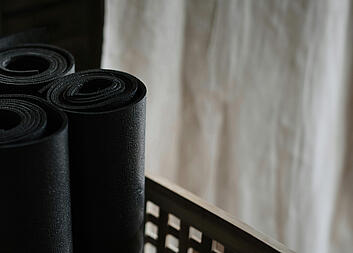Pilates is an extremely versatile training method that is suitable for people of all ages and fitness levels. The exercises can be customised to meet the specific needs and goals of each individual. Here are some of the main target groups that can benefit from Pilates:
For whom is Pilates suitable?
Pilates training for everyone: find out if it's right for you.

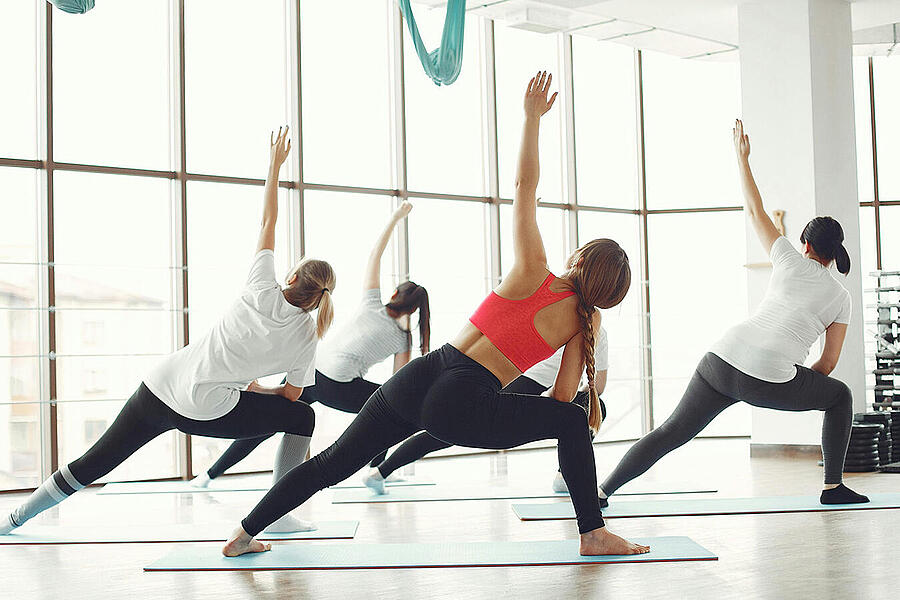
Pilates for every stage of life: diverse training options and target groups
Pilates for beginners
For beginners, it is important to start with basic Pilates exercises that provide a solid foundation. The focus is on correct technique and developing body awareness. Mat Pilates is an excellent starting point as it is easy to learn and requires no special equipment.
Pilates for advanced practitioners
Advanced Pilates practitioners can benefit from more challenging exercises and equipment such as the Pilates Reformer. These advanced techniques offer a greater challenge and allow for deeper muscle activation and improved flexibility. It is important to vary the techniques regularly to ensure continued progress.
Pilates for special needs
Pilates can also be adapted for individuals with special needs, including pregnant women, seniors or people with health limitations. For example, wall Pilates can provide additional support, while gentle mat exercises can help improve mobility and relieve pain.
Beginners: Pilates is ideal for those who are new to fitness or are looking for a gentle introduction to exercise. The exercises are easy to learn and can be gradually increased in intensity and difficulty.
Advanced and professional practitioners: For experienced athletes and fitness enthusiasts, Pilates offers a way to supplement their training routine and strengthen specific muscle groups that may be neglected in other sports. Advanced Pilates practitioners can use more complex exercises and more intensive training methods.
Seniors: Pilates is particularly beneficial for older adults as it is easy on the joints and strengthens the muscles without putting too much strain on the body. It helps to improve flexibility, balance and coordination, which reduces the risk of falls and injuries.
People with back problems: Pilates is known for its positive effect on the back and core muscles. It helps to improve posture, relieve back pain and stabilise the spine. Through targeted exercises, Pilates can prevent chronic back problems and contribute to rehabilitation.
Pregnant women: Pilates can be practised safely during pregnancy and offers many benefits, such as strengthening the pelvic floor muscles, relieving back pain and promoting general fitness. However, it is important that pregnant women exercise under the guidance of a qualified instructor and adapt the exercises to their specific needs.
People in rehabilitation: Pilates is often used for rehabilitation after injury or surgery. It helps to gently strengthen the muscles, increase mobility and promote healing. An individually adapted Pilates programme can support and accelerate the rehabilitation process.
Pilates is a flexible and customisable exercise method that is suitable for a wide range of people. Whether you're a beginner or a pro, suffering from back problems or looking for a gentle way to stay active during pregnancy, Pilates has something for everyone.
More on Pilates
